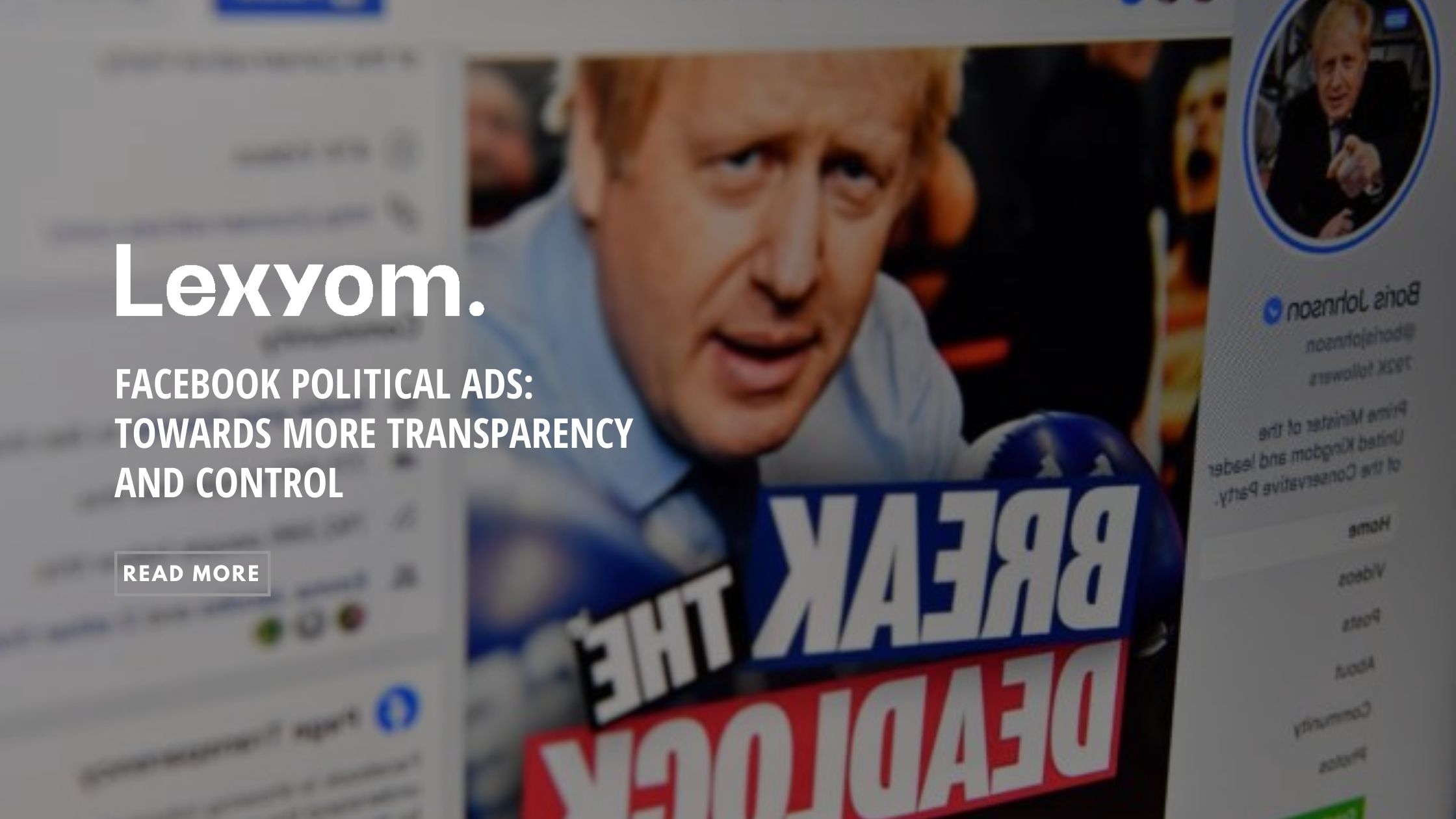Many citizens rely effectively on internet platforms to obtain their daily news. Rather than having to actively seek for the political and economic updates, people can rely on the push notifications they receive on social media platforms.
Facebook for instance is a social media platform that plays a major role in our political life. It serves as a political micro-targeting advertising tool that places ads in users’ Facebook newsfeeds based on psychometric data that companies hold about them, with the aim sometimes of influencing their political assessments.
In the wake of the scandal over the misuse of users’ data, Facebook was trying to limit foreign interference and to give people more transparency and control over the ads they see across their platforms.
However, in the absence of regulation, Facebook and other companies are left to choose their own policies.
While Twitter chose to block political ads and Google chose to limit the targeting of political ads, Facebook decided to grant people the right to hear from those who wish to lead them. By offering advertisers the ability to run political ads, provided they comply with all applicable laws, community standards, and the authorization process, Facebook is ensuring that messages are scrutinized and debated in public.
How is Facebook’s political ads policy bent towards more transparency and control?
To maintain its role as a space for political discussions and movements, Facebook is offering its users the ability to:
-
View the audience size in the “Ad Library”:
With its feature called “Ad Library” which was first launched back in 2018, Facebook wanted “to shine a light on political and social issue ads”. This public archive enables users to search and filter advertisements in a more effective way, to view the audience size of advertisements and to see less political ads on their feeds. The “Ad Library” is thus an essential step meant to make political ads more transparent and advertisers more accountable.
In fact, Facebook users can see the possible reach of an ad. Through the “Ad Library” feature, a user has the ability to see every ad served to anyone in an easily searchable database, enjoying more transparency. The reveal of the potential target audience size and the approximate potential reach of the political advertisement offers users the ability to see how many people the advertiser wanted to reach with every ad.
-
Have better “Ad Library” search and filtering:
On the other hand, Facebook is strengthening its search engines to include the capability to look for ads with exact phrases, and to supply new filters that better the grouping of similar ads and their organization, making them easier to discover and to analyze.
This feature adds more transparency and efficiency for voters, academics and journalists by offering them the option to locate and analyze specific campaigns, and to spot potential issues in political ads on Facebook.
-
Control the “Custom Audiences” list:
The “Custom Audiences” option offers users the right to choose how an advertiser can reach them.
A “Custom Audiences” list is effectively built “when an advertiser uploads a hashed list of people’s information, such as emails or phone numbers, to help target ads”. It grants individuals the right to decide how an advertiser can reach them with all types of ads available.
Facebook users will be able to control whether they are eligible or not to see ads. They can exclude themselves from ads based on an advertiser’s “custom audience” list or enable themselves to have access to ads in which the advertiser has particularly omitted them from seeing it.
-
See fewer political ads:
Facebook plans to add a new control that will allow people to see fewer political and social issue ads on their feeds, through the “Ad Preference” feature previously released, allowing people to see fewer ads regarding certain topics or interests.
Conclusion:
Unlike political ads which are not subject to fact check, Facebook’s community standard policies allow the platform to control all sort of content and to remove misrepresentations and false news.
To soothe the chorus of critics that have recurrently called on the company to take more action on doubtful claims in political ads, Facebook released its new “Ad Library” feature enabling users to have more control over the advertisements they see, which increased the level of transparency and security without changing Facebook’s stance on political advertising.
But does this move, based on the idea of personal responsibility, ensure efficiency and reliability on the social network when it comes to political news? Reach out and let us know your thoughts!







